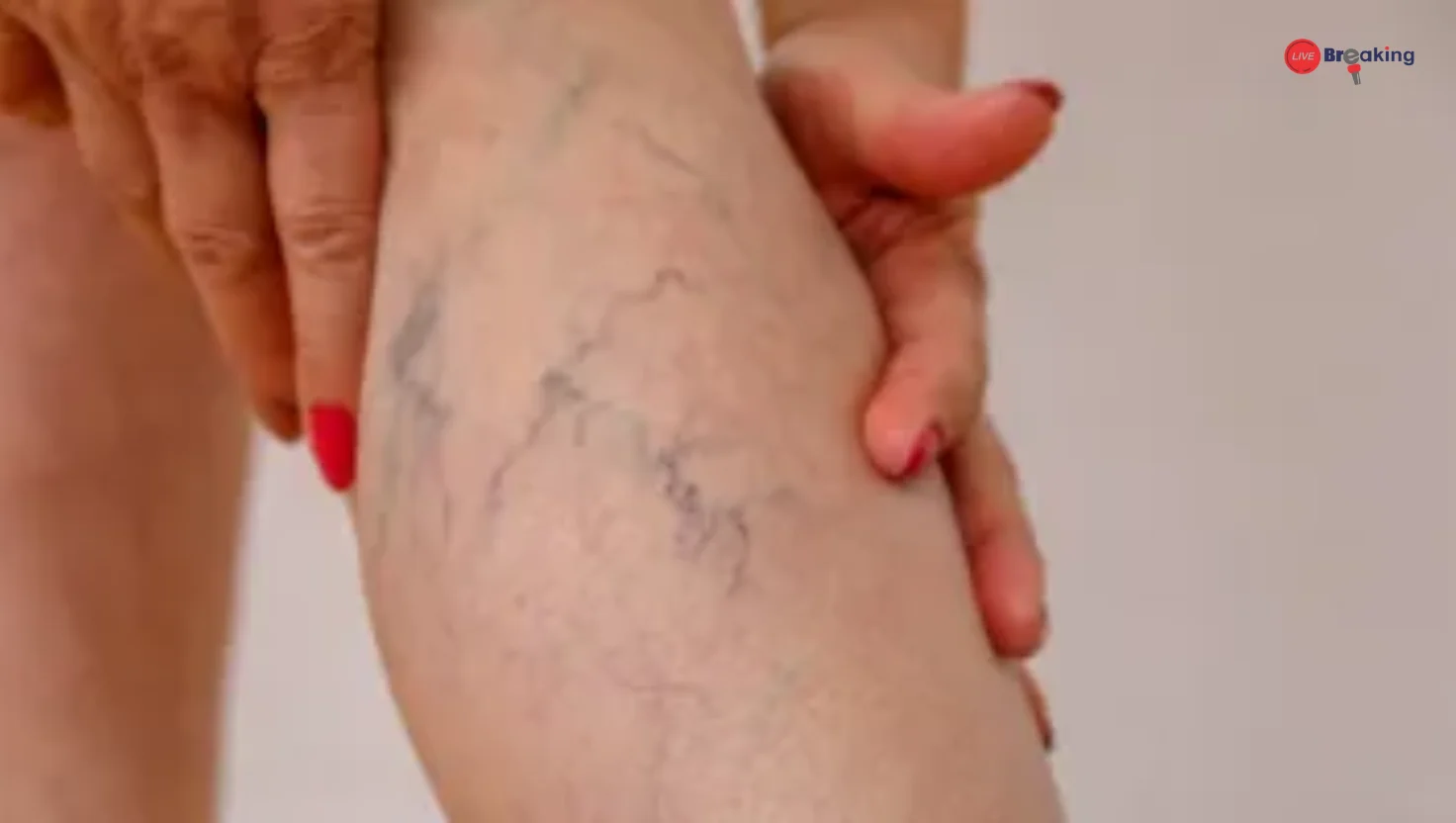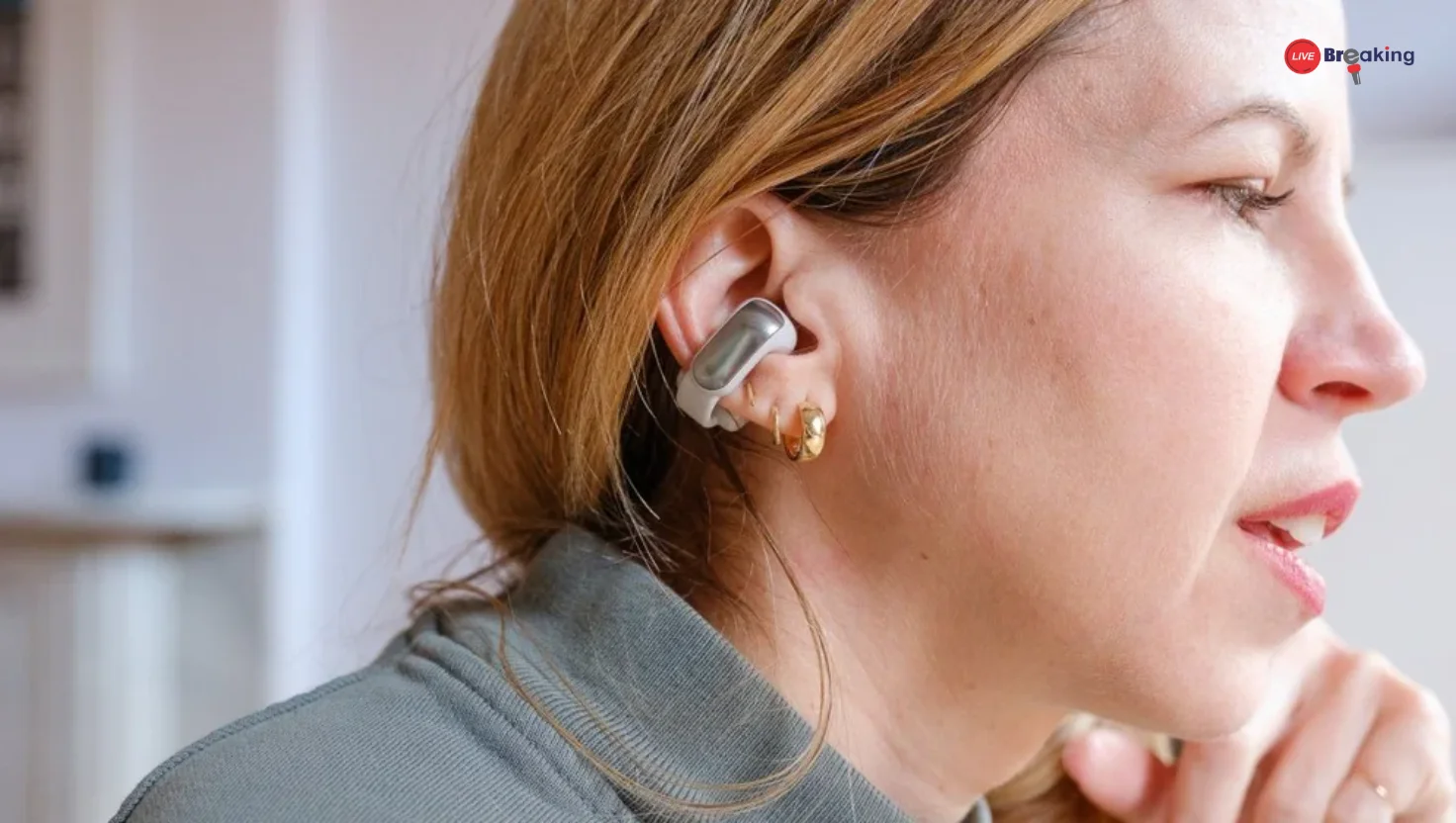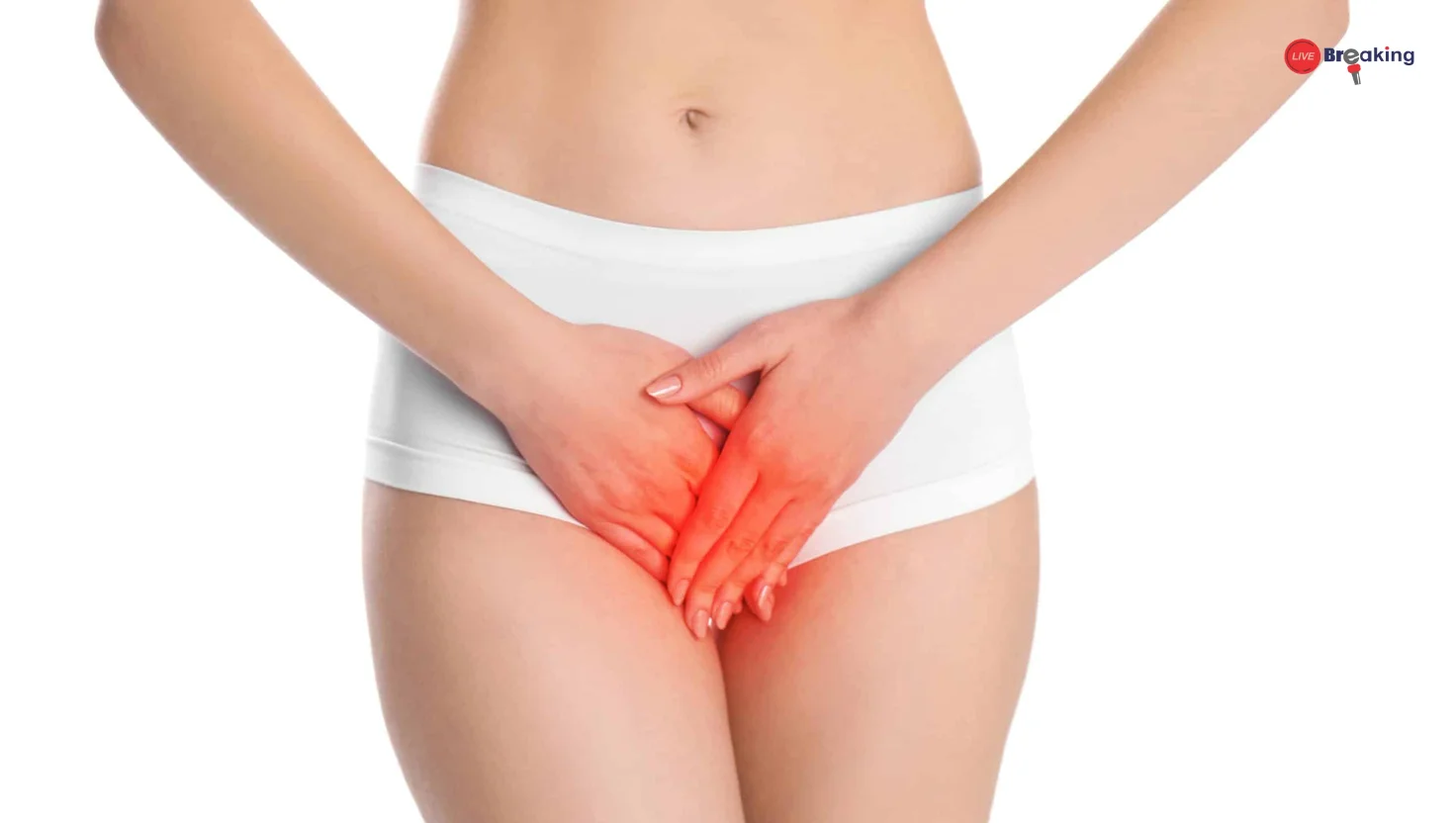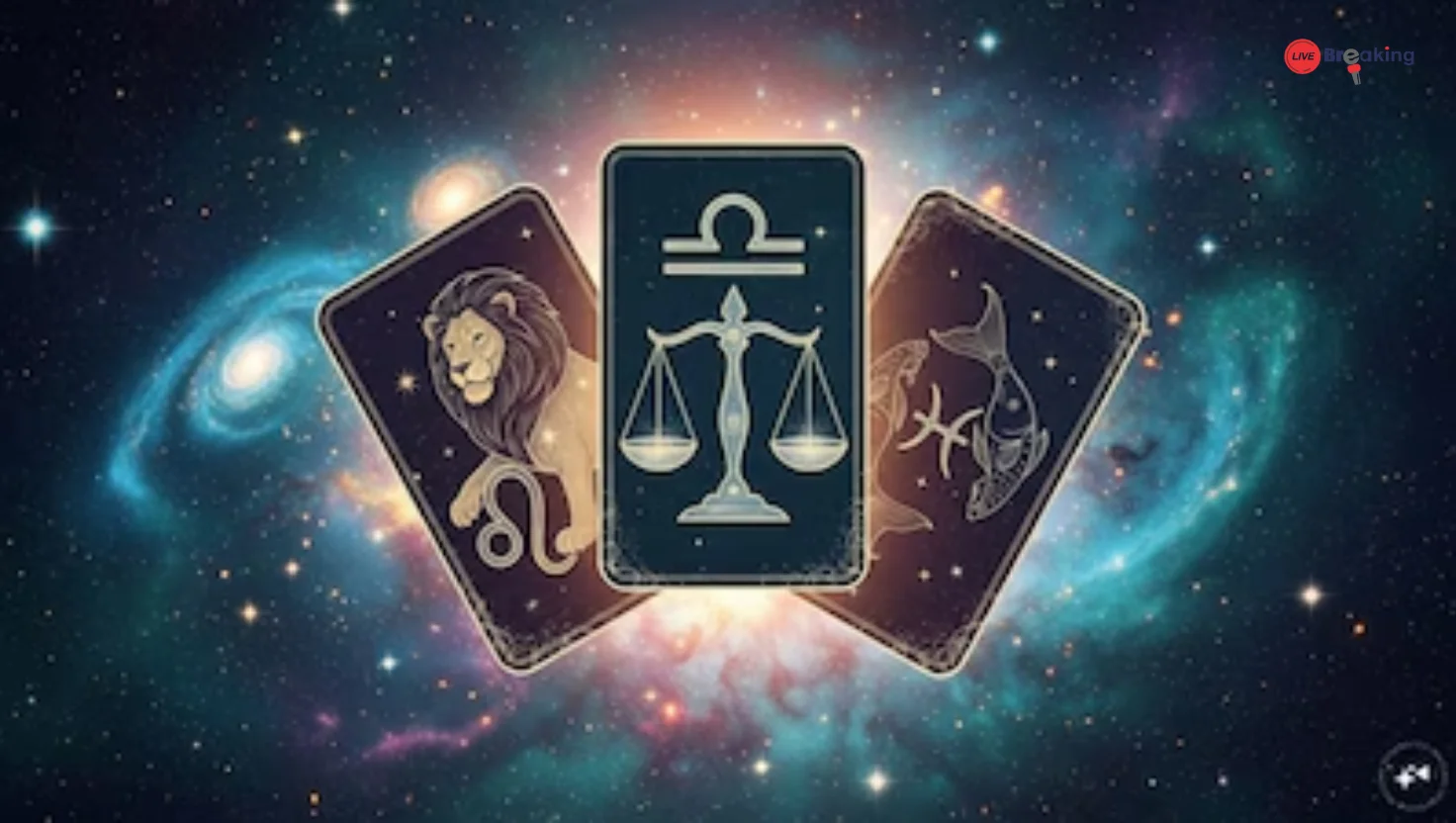Sleepy During Periods? Here’s What a Gynaecologist Wants You to Know
If you find yourself unusually tired or sleepy during your periods, you’re not alone. Many women experience a noticeable dip in their energy levels during menstruation — a feeling that can range from mild fatigue to complete exhaustion. While society often dismisses this as “normal PMS,” gynaecologists say there are valid biological and hormonal reasons behind this menstrual fatigue. Understanding these reasons can help women manage their energy better and take care of their bodies more effectively.
Why Period Fatigue Happens
According to experts, fatigue during menstruation primarily stems from hormonal fluctuations. The menstrual cycle involves a complex interplay between estrogen and progesterone — two hormones that significantly affect mood, energy, and sleep.
In the days leading up to your period, estrogen levels drop while progesterone rises, which can cause feelings of sluggishness and sleepiness. Once bleeding starts, both hormones reach their lowest point, often leaving you feeling drained. This hormonal dip can affect neurotransmitters like serotonin, which regulate mood and energy levels, leading to tiredness or even low motivation.
The Role of Iron Loss
Another common reason for exhaustion during periods is iron deficiency. With every cycle, your body loses a certain amount of blood, and with it, iron — an essential mineral that helps transport oxygen in the blood. Heavy menstrual flow can deplete iron stores more quickly, causing anaemia or borderline anaemia. The result? Your muscles and organs receive less oxygen, making you feel weak, dizzy, or excessively sleepy.
Gynaecologists often emphasize checking for iron levels if fatigue becomes chronic. A simple blood test can detect iron deficiency, and supplements or dietary changes can help restore balance. Foods like spinach, lentils, pomegranates, red meat, and fortified cereals are good sources of iron. Pairing them with vitamin C-rich foods like oranges or amla can improve absorption.
Poor Sleep and Hormonal Changes
Sleep disturbances during the menstrual cycle are more common than most people realize. Progesterone, which has a mild sedative effect, drops sharply before menstruation, leading to disrupted sleep patterns. Additionally, period cramps, bloating, and back pain can make it difficult to get restful sleep. Poor-quality sleep then amplifies feelings of fatigue during the day.
Hydration levels also play a role. Hormonal shifts can lead to water retention, bloating, or dehydration, all of which can make you feel lethargic. Staying adequately hydrated throughout your cycle supports better energy regulation.
Emotional and Psychological Factors
The emotional impact of menstruation shouldn’t be overlooked. Premenstrual syndrome (PMS) and its more severe form, premenstrual dysphoric disorder (PMDD), can cause mood swings, irritability, or anxiety. These emotional fluctuations drain mental energy, leaving you feeling more tired than usual.
Read more: Weight Lose Without Leaving Your Desk: Hydration, Movement & More
Stress, overwork, and lack of self-care during your period can also intensify exhaustion. When your body signals the need to rest, pushing through with a normal workload without adjustments often leads to burnout. Listening to your body during this time is essential.
How to Manage Period Fatigue
- Prioritize Sleep: Aim for at least 7–8 hours of quality rest. Establish a bedtime routine and avoid screens before sleeping.
- Eat Iron-Rich Foods: Include leafy greens, nuts, and legumes in your diet. Iron supplements can be taken under medical advice.
- Stay Hydrated: Water, herbal teas, and electrolyte-rich drinks can combat dehydration and bloating.
- Exercise Lightly: Gentle yoga, stretching, or walking helps improve blood circulation and releases endorphins, which boost energy levels.
- Manage Stress: Meditation, breathing exercises, and adequate rest help stabilize hormonal effects on your mood and energy.
- Consult a Gynaecologist: Persistent or extreme fatigue could indicate anaemia, thyroid issues, or hormonal imbalances that require medical attention.
Listening to Your Body
Feeling sleepy or low on energy during your period is your body’s way of asking for rest and replenishment. It’s not a sign of weakness but a reminder of the body’s incredible hormonal and physiological processes.
Read more: Gen Z and Mental Health: Shattering Stigma or Glamorizing Struggles?
Gynaecologists recommend embracing a slower pace during menstruation rather than forcing productivity. With proper nutrition, rest, and awareness, period-related fatigue can be managed effectively.
So, the next time you feel unusually drowsy during your cycle, don’t dismiss it — listen to your body, nourish it well, and allow it the rest it deserves. After all, self-care isn’t indulgence; it’s essential health care.















